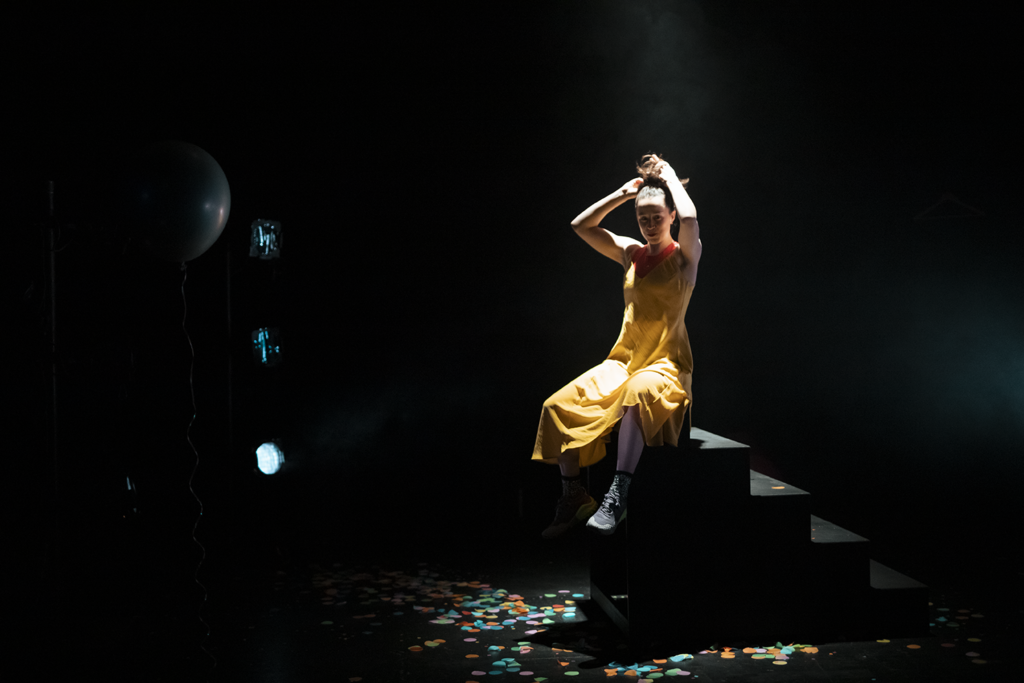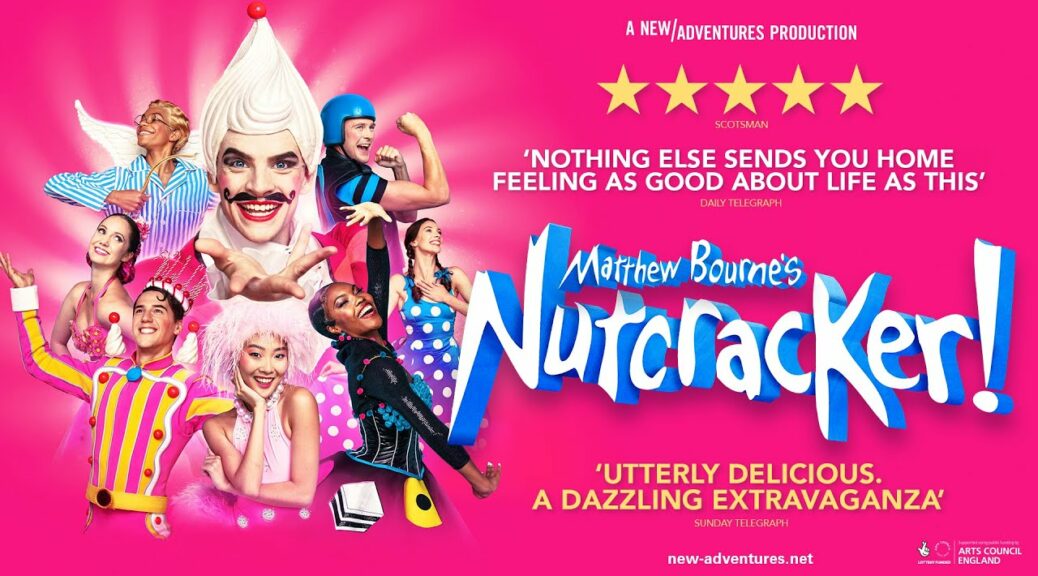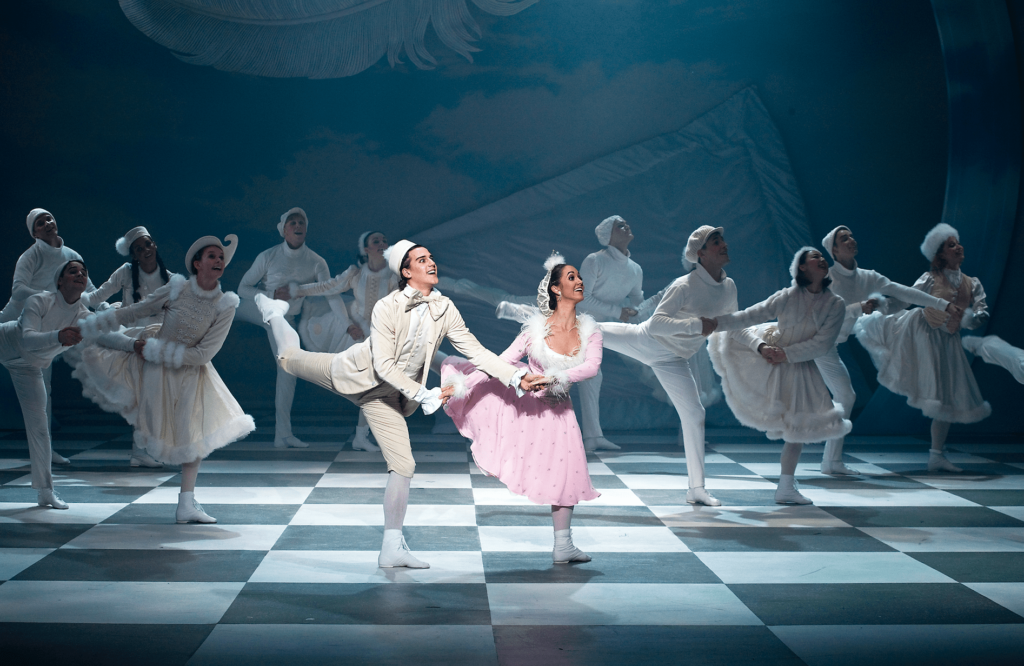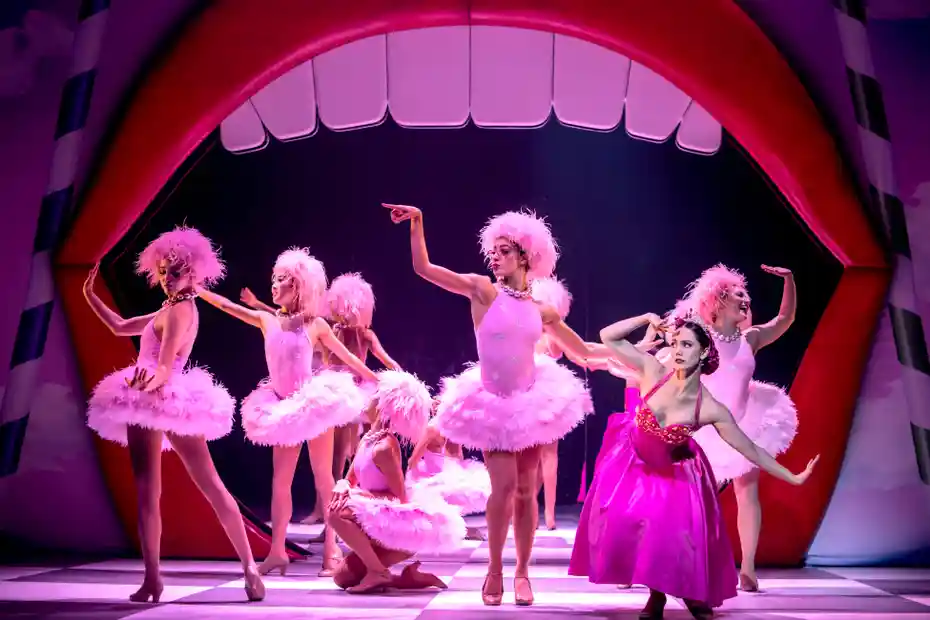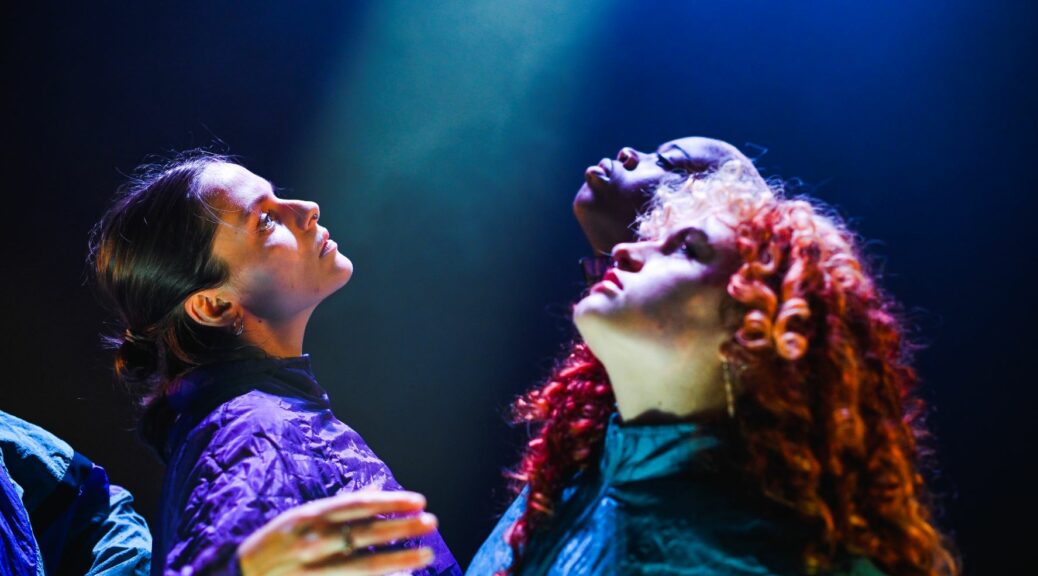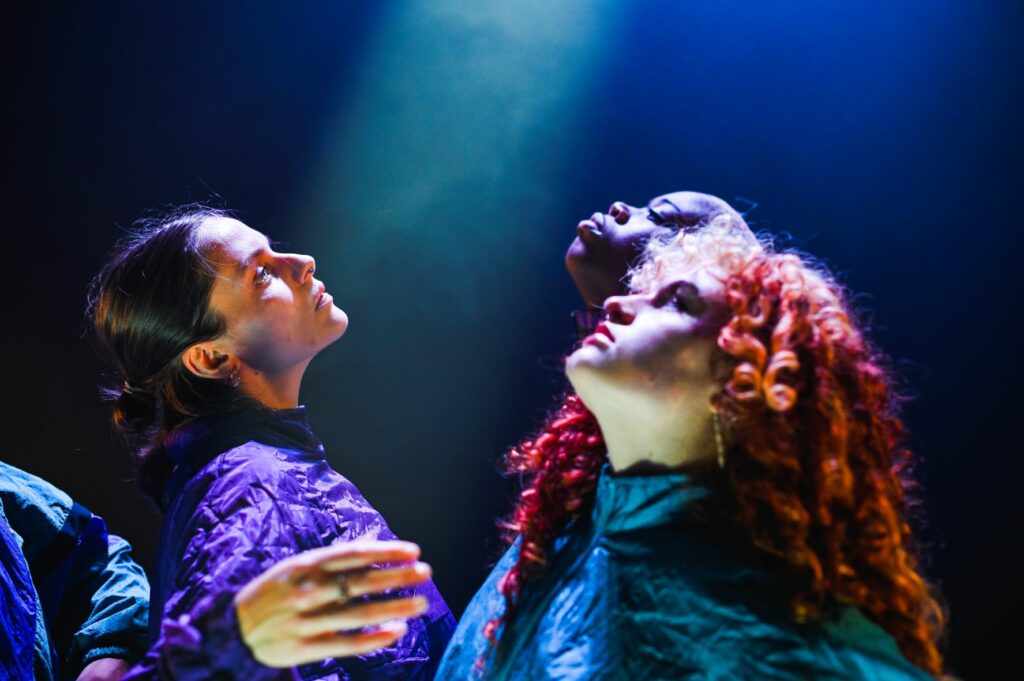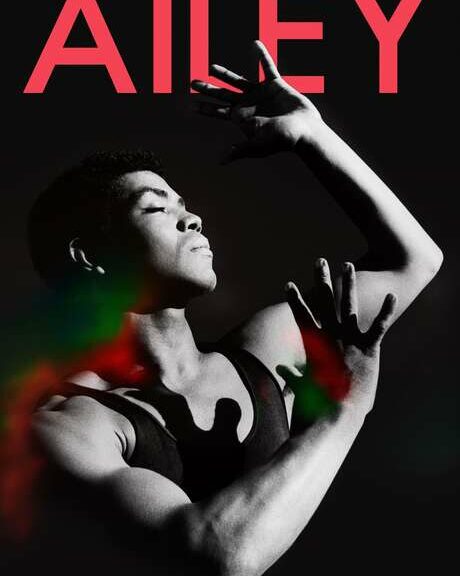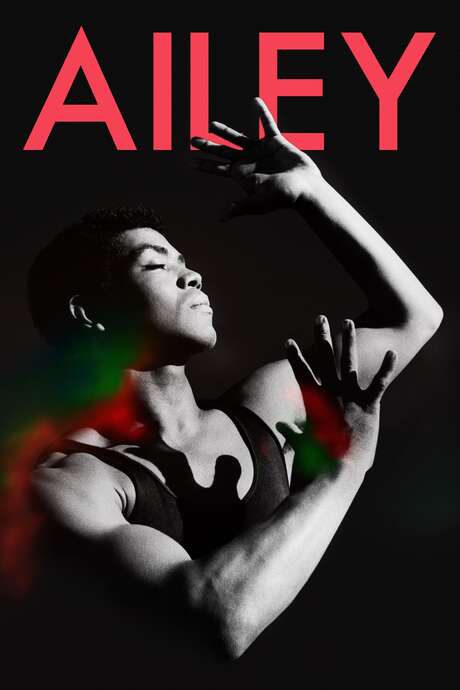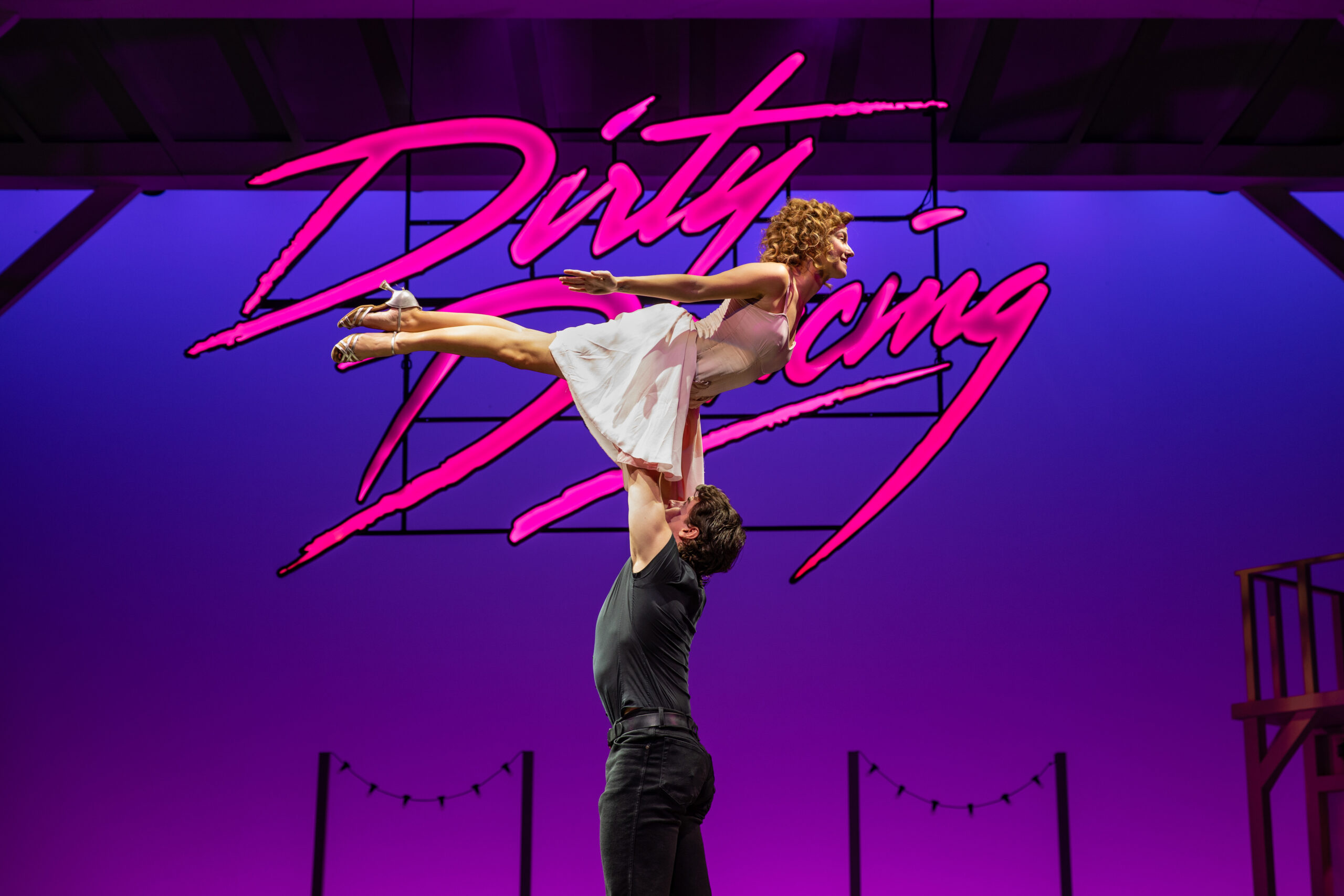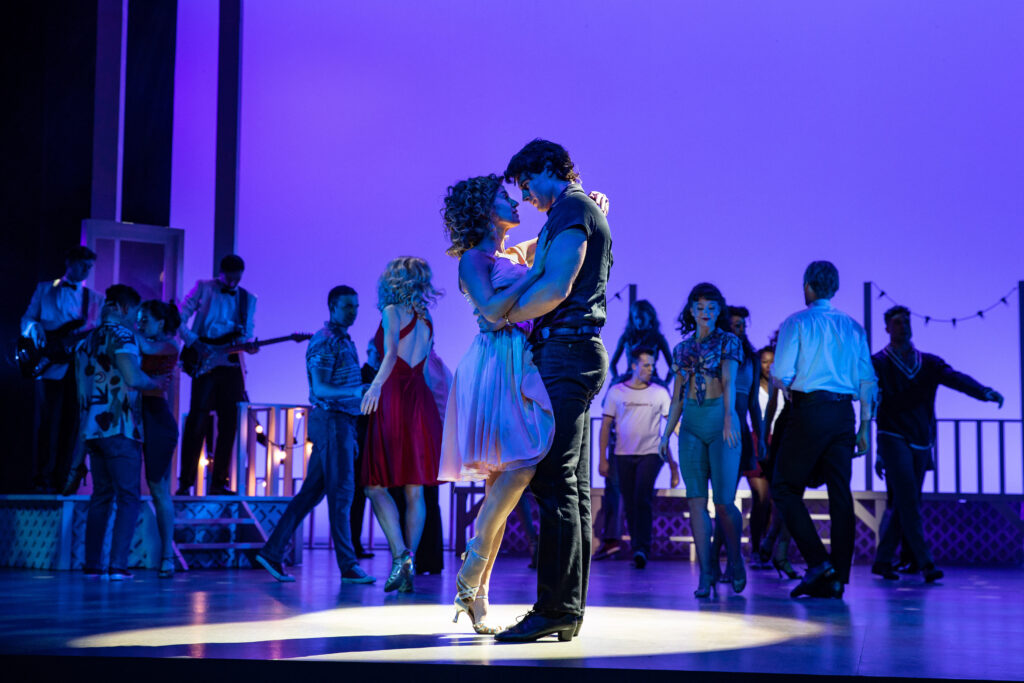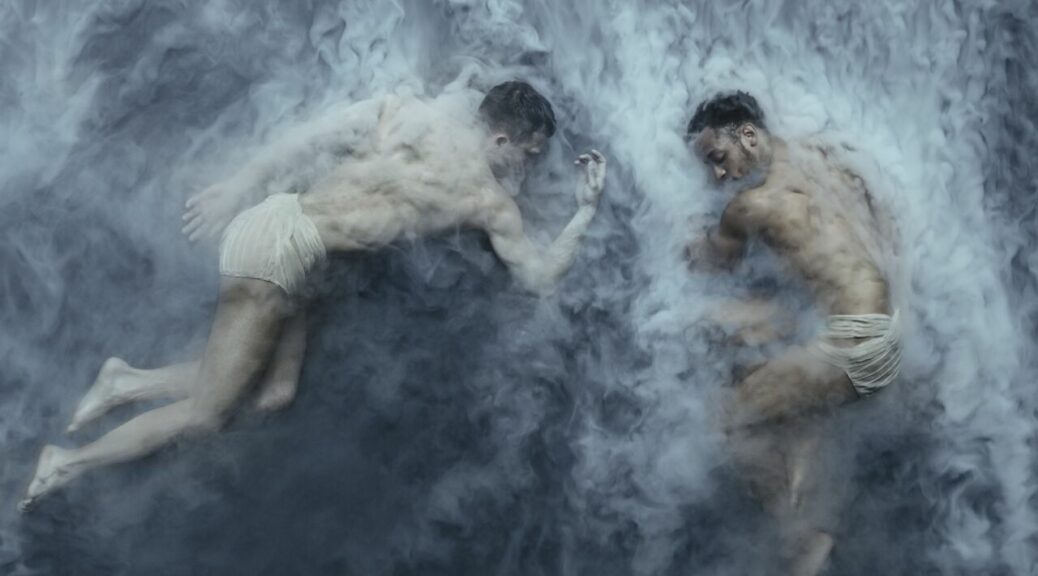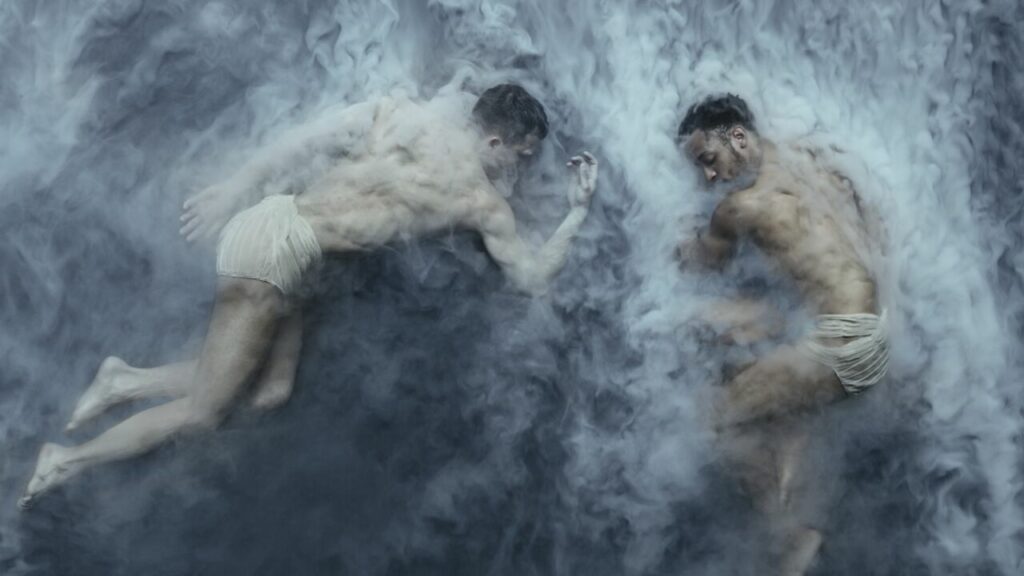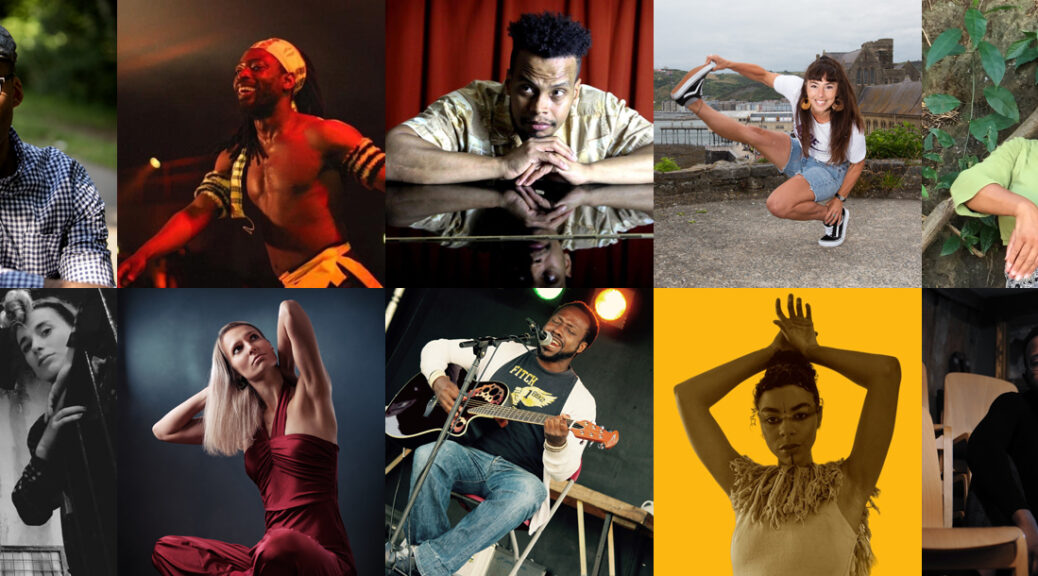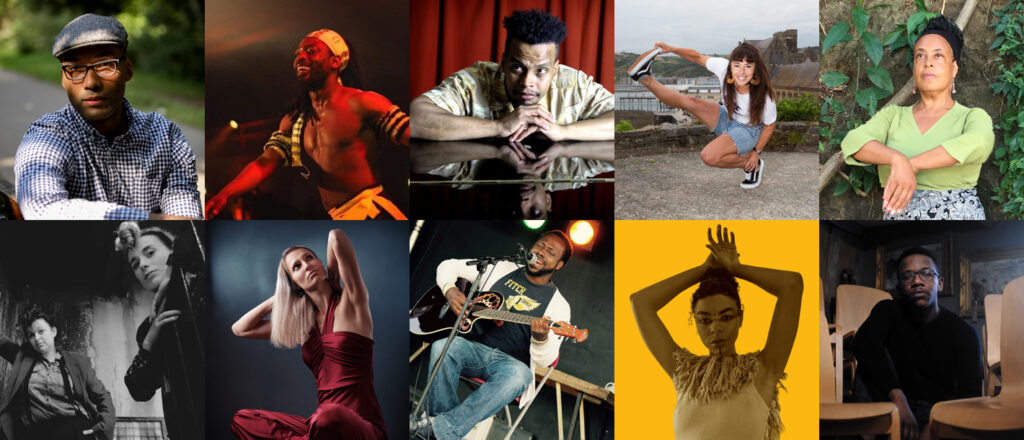National Dance Company Wales and Tŷ Cerdd will make five short films working with music creators and dance artists based or working in Wales, in a series called Plethu: affricerdd.
Tŷ Cerdd have commissioned five music-creators of African descent living and working in Wales as part of a collaboration with the Sub-Sahara Advisory Panel. The films are a part of affricerdd, a strand of Tapestri, which is a new initiative (funded by Arts Council of Wales’s Connect & Flourish programme) to create a living musical archive of the people, languages and communities of Wales.
National Dance Company Wales have commissioned five dance artists from any discipline to work in collaboration with these five music-creators to make original short films or music videos. There have been 15 Plethu/Weave films to date which can be watched for free on digital hub on the NDCWales website.
The films will be released between January and July 2022. Follow @ndcwales and @TyCerdd_org for release dates. The five Plethu: affricerdd partnerships are:
Idrissa Camara and Eric Martin Kamosi
Music-creator Eric Martin Kamosi is a guitarist and electronic musician, who creates folk, rock, concrete, electronic and minimal music using a variety of instruments, field recordings and electronic sounds. Idrissa trained from a young age with the renowned Ballet Bassikolo du Guinee. He has been principal choreographer with many leading dance companies in Guinea and Senegal and pioneered the teaching of dance to the hearing impaired at the Visual Theatre Company of the National Association of Sports and Culture for the Deaf.
June Campbell Davies and Seun Babatola (A.K.A Mista B)
A.K.A Mista B is a musician, lyricist and socially conscious rapper. His musical tastes vary from break-beat to metal to trip-hop, and he believes, at heart, that genre is simply a veneer. June is a Cardiff based dancer, choreographer and carnival artist. June has also worked collaboratively as a singer and sound artist on a number of albums as well as being a consultant & facilitator with Butetown Carnival.
Kitsch n Sync and E11ICE
E11ICE is the alter-ego of Cornwall-born Cardiff based multi-genre singer and rapper Thalia Ellice Richardson. Melding thoughtful melodies with conscious lyrics on powerful flows E11ICE’s music reflects her journey through each day making the ordinary extraordinary. Taking inspiration from all things retro, vintage and wonderfully absurd, Kitsch & Sync Collective is immediately recognisable by their innovative brand of curiously quirky dance theatre.
Rosanna Carless and Sizwe Chitiyo
Born in Harare, Zimbabwe, Sizwe ‘SZWÉ’ Chitiyo is a 23-year-old singer, rapper and songwriter based in South Wales. After starting his music career professionally 4 years ago, Sizwe played acoustic sets around Wales before venturing into electronic production 3 years ago. Rosanna grew up in Aberystwyth before moving to Bristol and eventually London, where she fell in love with street dance and breakin’.
After joining a number of street dance crews, Rosanna battled as a solo B-girl at events and conventions, winning third place in ‘London’s best street dance crew’. Rosanna has since worked with companies such as HSBC and Sony as well as with musical artists such as Giggs, STylo G and Wiley.
Gundija Zandersona and Jeferson Lobo
Brazilian-born Jefferson Lobo is a musician, composer, and producer living in Cardiff. His music is an invitation to a world of unpredictable sonic possibilities: sweet harmonies combined with soothing and witty melodies, form the basis for his musical cauldron with a pinch of jazz, orchestral, Latin, reggae, futuristic and world music. Gundija Zandersona is a Latvian performer, choreographer and an educator based in Wales, Cardiff. As an executive director of Kokoro Arts Ltd and an independent dance artist she works across a variety of genres including work for families and young audiences, spoken text and movement, physical theatre and contemporary dance.
A further two films made in collaboration with Literature Wales, that fuse poetry and dance, will join these five films made in partnership with Ty Cerdd to complete a third series of Plethu/Weave films produced by National Dance Company Wales.
Idrissa Camara
Born in Guinea Conakry in West Africa, Idrissa trained from a young age with the renowned Ballet Bassikolo du Guinee. He has been principal choreographer with many leading dance companies in Guinea and Senegal and pioneered the teaching of dance to the hearing impaired at the Visual Theatre Company of the National Association of Sports and Culture for the Deaf. In 2010 Idrissa, who is also a musician founded Wales’s only professional Black dance/music company, Ballet Nimba. His innovative ideas have taken the UK by storm and with his direction, Ballet Nimba has combined traditional dance roots with dynamic young performers and an original musical score. Idrissa has curated many successful productions throughout Wales and beyond.
Rosanna Carless
Rosanna grew up in Aberystwyth before moving to Bristol and eventually London, where she fell in love with street dance and breakin’. After joining a number of street dance crews, Rosanna battled as a solo B-girl at events and conventions, winning third place in ‘London’s best street dance crew’. Rosanna has since worked with companies such as HSBC and Sony as well as with musical artists such as Giggs, STylo G and Wiley. Rosanna returned to Wales to have her son, and studied to become a Bwy yoga teacher. Rosanna still teaches dance regularly, and has toured with educational and street dance performances, and worked on the Lead creative scheme projects as well as joining National Dance Company Wales as a Dance Ambassador.
@warriorprincessrosa
Gundija Zandersona
Gundija Zandersona is a Latvian performer, choreographer and an educator based in Wales, Cardiff.
As an executive director of Kokoro Arts Ltd and an independent dance artist she works across a variety of genres including work for families and young audiences, spoken text and movement, physical theatre and contemporary dance. Trained in Latvia, Denmark and the UK, she has been working internationally for the last 6 years creating and reviewing performance works.
Sizwe Chivito
Born in Harare, Zimbabwe, Sizwe ‘SZWÉ’ Chitiyo is a 23 year old singer, rapper and songwriter based in South Wales. After starting his music career professionally 4 years ago, Sizwe played acoustic sets around South Wales before venturing into electronic production 3 years ago. Having achieved Spotify Playlisting, National Radio Play and a new Project Manager role for Beacons Cymru, his goal now is to build a hub for Urban Music to thrive in Wales and produce a new wave of sound.
Jeferson Lobo
Musician, composer, and producer Cardiff-based Brazilian-born Jefferson Lobo has been working on his compositions and arrangements for the last couple of years and will be releasing music from his catalogue throughout the year. Jefferson’s compositions are an invitation to a world of unpredictably sonic possibilities, hauntingly sweet harmonies combined with soothing and (at times) witty melodies, form the basis for his musical cauldron which included styles such as jazz, orchestral, Latin, reggae, futuristic, and world music. He has worked with August 012 (theater company), on BBC radio productions, has written, scored, and arranged music for the Butetwon Carnival 2020 and 2021 with special highlights to his transatlantic piece called ” Zamba ” commissioned by BACA
Seun Babatola
A.K.A Mista B is a musician, lyricist and socially conscious rapper. Born in Nigeria, he spent the first few years of life in Cardiff, then lived in Ibadan (Nigeria), London and Birmingham, before returning to Wales. His musical tastes vary from break-beat to metal to trip-hop, and he believes, at heart, that genre is simply a veneer. Real music will reach out, regardless of the style. Perfection in substance, not presentation.
Eric Martin Kamosi
Eric Martin Kamosi is a guitarist, electronic musician and composer who creates folk, rock, concrete, electronic and minimal music using a variety of instruments, field recordings and electronic sounds. He has written and performed for professional dance and physical theatre and created music installations, sound design, algorithmic compositions and music for live instruments as part of a BA (Hons) ‘Creative Sound and Music’ degree from the University of South Wales and a Master’s degree in ‘Digital Composition and Performance’. Having taken part in a media composition traineeship and created music for screen and live theatre, Eric continues to be interested in working with artists from a wide range of disciplines.
June Campbell-Davies
June is a Cardiff Based Dancer, Choreographer and Carnival Artist. She trained at the Laban Centre for Movement & Dance in London before working with Moving Being Mixed Media Theatre Company, Dance Wales, Cwmni Dawns Gwylan, Welsh Independent Dance and Cwmni Whare Teg. June then taught at Royal Welsh College of Music & Drama, Cardiff Metropolitan University and for Rubicon Dance, where she taught for their community, arts and health and education strands. June has also worked collaboratively as a singer and sound artist on a number of albums as well as being a consultant & facilitator with Butetown Carnival and has worked on several community projects involving dance in schools, documentary videos and at Hospitals.
June continues to perform, for Striking Attitude Dance Company for senior performers and works with Oasis One World Choir leading movement sessions with Refugee & Asylum Seekers. In May 2021 June was selected for an R & D commission to create a site specific body of work for Artes Mundi 9.
Kitsch & Sync
Taking inspiration from all things retro, vintage and wonderfully absurd, Kitsch & Sync Collective is immediately recognisable by their innovative brand of curiously quirky dance theatre. Taking fashions, fads and toe-tapping tunes, to create an infectious blend of highly visual choreography , colourful characters and a dressing-up box bursting with enough vintage clobber to make your gran proud! Kim Noble and Kylie Ann Smith fuse different dance genres, unusual props and a dash of audience interaction to bring you something truly unique. Kitsch & Sync was set up in 2011 and have built up a reputation for itself as one of Wales’s most exciting, original and eclectic companies.
If you recognise the name, it may be because you have seen the trio perform at the award-winning Festival Number 6, Green Man Festival or at the Edinburgh Fringe. Perhaps you spotted them at The TATE Britain as part of the David Hockney exhibition, dancing in Goldie Lookin Chain’s music videos or Jarvis Cocker’s DJ set, or you may have seen their picture on the front of The Sunday Times and in the Guardian. You may have danced your socks off at one of the group’s popular electro-swing hop dance classes or at the Depot’s infamous Bingo Lingo nights! Their alter-egos, The Lampshade Ladies, also made a surprise appearance on BBC Two’s Have I Got News for You. This may even be your first venture into the curiously quirky world of Kitsch & Sync. Either way, you’re in for a treat.
These ferocious females have a large repertoire of small scale outdoor shows, full length theatre and circus Shows and a plethora of walkabout characters that have been performed all over Wales, UK and now internationally. They have received funding from Arts Council Wales, National Theatre Wales, the Millennium Centre- Blysh Festival, Coreo Cymru, and commissions from Articulture and festivals such as The Big Splash, Wilderness, Kendall Calling, Appetite ‘The Homecoming’ – Circus 250 and toured with the Northern Touring Network, as well as various arts festival across the UK and beyond. Kitsch & Sync are also represented by a London agent- Contraband and have performed in clubs, warehouses, cafes and shop windows (amongst many other unusual spaces!).
E11ICE
E11ICE is the alter-ego of Cornwall born Cardiff based multi-genre singer and rapper Thalia Ellice Richardson. A core member of Cardiff based community initiative Ladies of Rage Cardiff E11ICE’s inimitable live performances have made her an integral feature of any Ladies of Rage live showcase. Melding thoughtful melodies with conscious lyrics E11ICE’s music reflects her journey through each day making the ordinary extraordinary. E11ICE’s live performances range from stripped back sets on the mic to full jazz band productions each time E11ICE steps to the stage she seeks to bring something fresh to her audience.
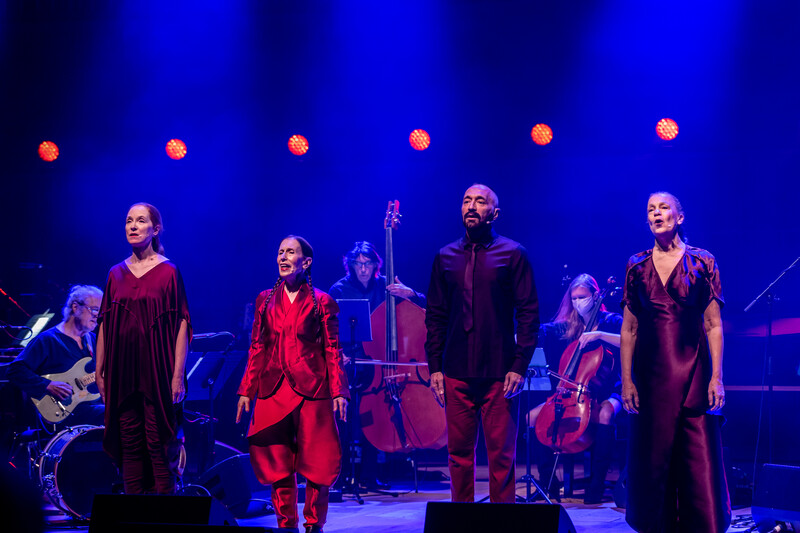
 (4 / 5)James Larter
(4 / 5)James Larter (5 / 5)Meredith Monk & Bang on a Can
(5 / 5)Meredith Monk & Bang on a Can
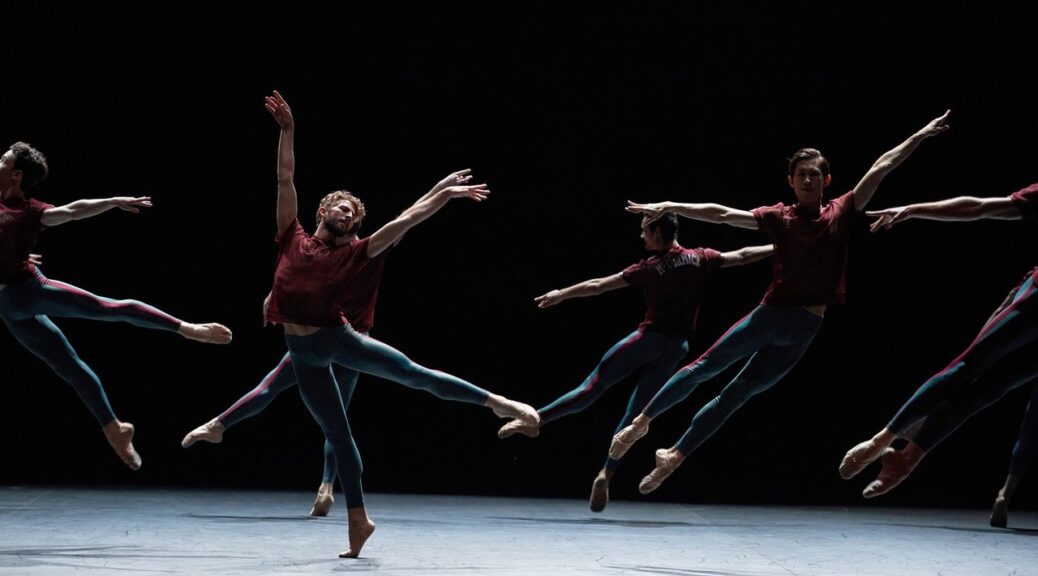
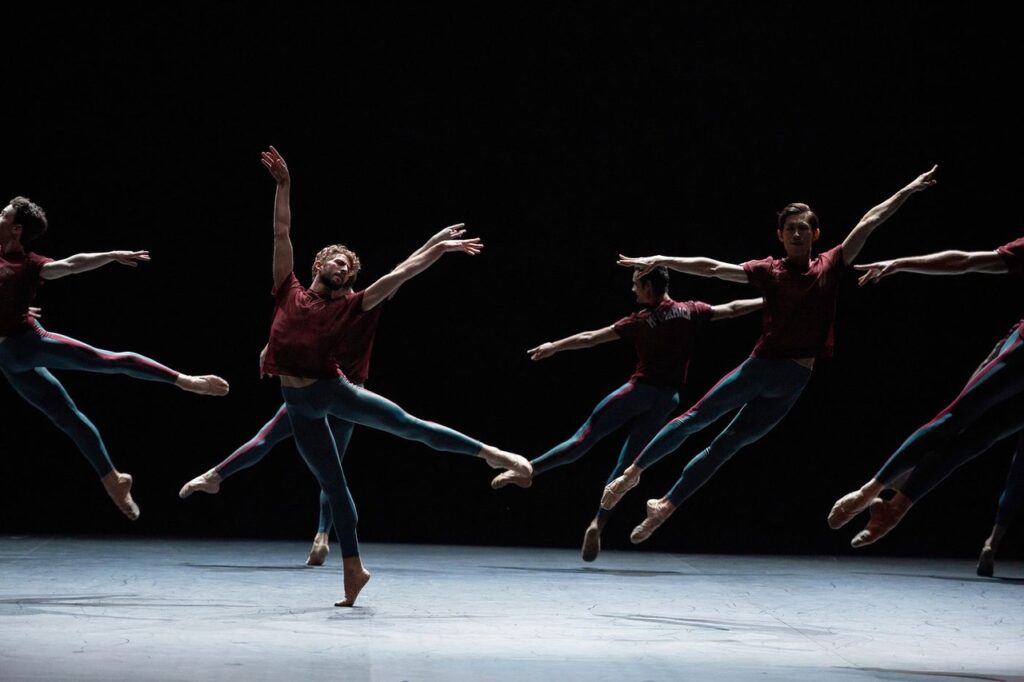
 (3 / 5)
(3 / 5)
